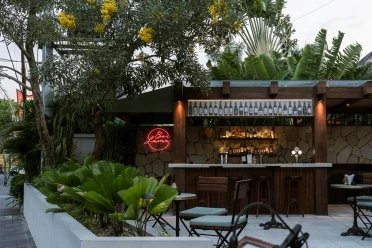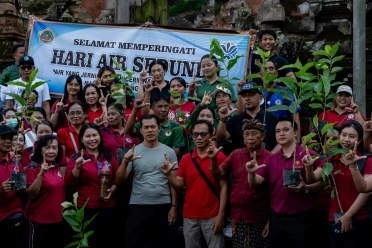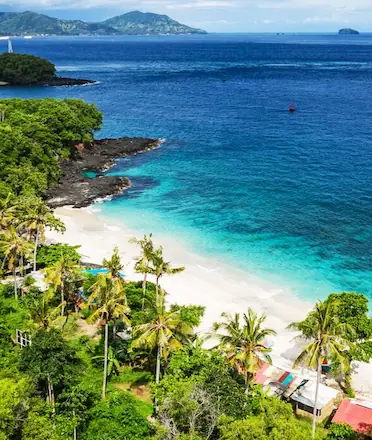As the world pivots toward greener and more sustainable travel, Bali is emerging as a pioneering hub for electric vehicle (EV) integration, poised to make electric cars and motorcycles a mainstream part of the tourism experience. With its unique position as a high-profile global destination and manageable island size, Bali is rapidly evolving into a testing ground for Indonesia’s next generation of eco-conscious mobility.
With its unique position as a high-profile global destination and manageable island size, Bali is rapidly evolving into a testing ground for Indonesia’s next generation of eco-conscious mobility.

A Vibrant Island for Clean Mobility
Bali’s provincial government is doubling down on electrification efforts, with sweeping initiatives that transform the island into a “living lab” for sustainable mobility. Key tourist hubs including Kuta, Sanur, Ubud, and Nusa Penida have been designated as pilot zones for environmentally friendly vehicles, supported by public and private sector collaboration.
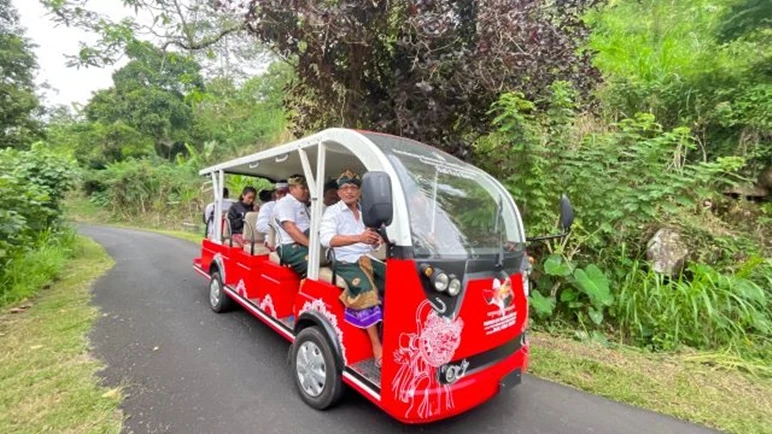
These areas are undergoing infrastructural upgrades to accommodate EV fleets and charging stations, forming the foundation of an island-wide green transport grid. The approach is holistic, combining adaptive policy, smart technology, and public-private synergy. From luxury resorts to municipal transportation agencies, the stakeholders are united under a common vision: reducing emissions while enhancing the tourist experience.
Ground-Level Innovation in Tourism Hotspots
The movement is already visible on the streets. In Nusa Dua, the Indonesia Tourism Development Corporation (ITDC) recently rolled out a fleet of 12 electric motorcycles along with battery swap stations aimed at offering eco-friendly, low-noise rides around the resort area. Meanwhile, Seminyak and Canggu have joined the green wave with accommodations like Villa Air Bali providing electric scooters and hybrid cars to guests, allowing for low-impact exploration of trendy coastal spots like Pererenan and Tanah Lot.
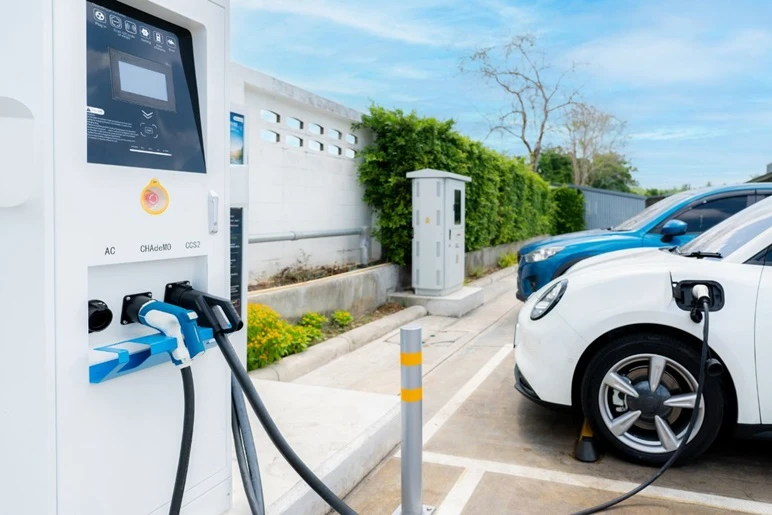
This growing EV trend isn't limited to two-wheelers. In a notable example, The Stones Hotel - Legian, in partnership with Toyota Indonesia, now operates an airport shuttle service using Toyota’s electrified fleet. The service offers a comfortable and environmentally conscious transfer between Ngurah Rai International Airport and the hotel, setting a new standard for luxury transit in Bali.
Building the E-Ecosystem
To make EV adoption more convenient and scalable, Bali’s Transportation Agency has introduced the Electric Vehicle Information Center (EVIC) app. This all-in-one platform assists users in finding EV models, locating charging stations, reading reviews, and scheduling service, aimed at reducing range anxiety and building user confidence.
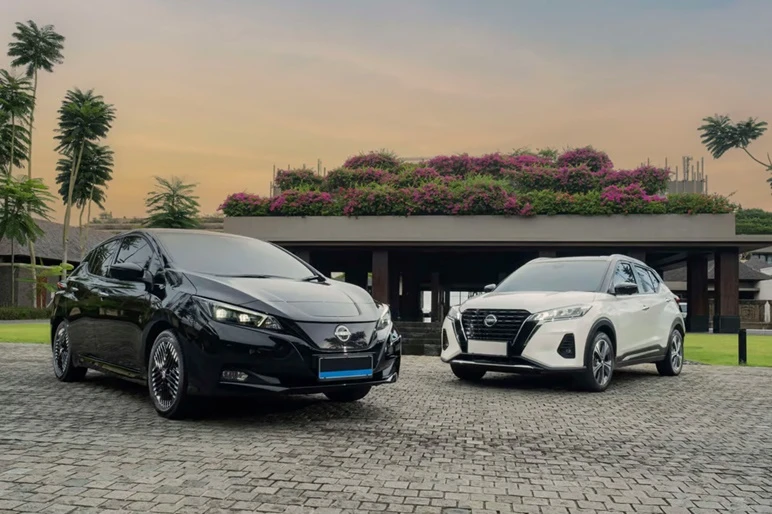
Luxury resorts are also stepping up. The Apurva Kempinski Bali has established the island’s first solar-powered EV charging hub on-site, allowing guests to rent a Nissan LEAF and recharge with solar energy. As part of its commitment to sustainability, one of the most prolific villa management company in Bali, Ini Vie Hospitality, has also introduced a complimentary shuttle service utilizing electric vehicles at select properties.
Looking to the Future: Flying Taxis and Beyond
Bali’s transformation into a sustainable mobility hub isn’t stopping at the ground level. PT Dirgantara Indonesia (PTDI) is currently testing two electric flying taxi models, Vela Alpha and Intercrus Sola, with plans to introduce them commercially in Bali as early as 2028. While still in the prototype phase, this bold move signals Bali’s readiness to embrace next-gen transportation technologies that were once the stuff of science fiction.
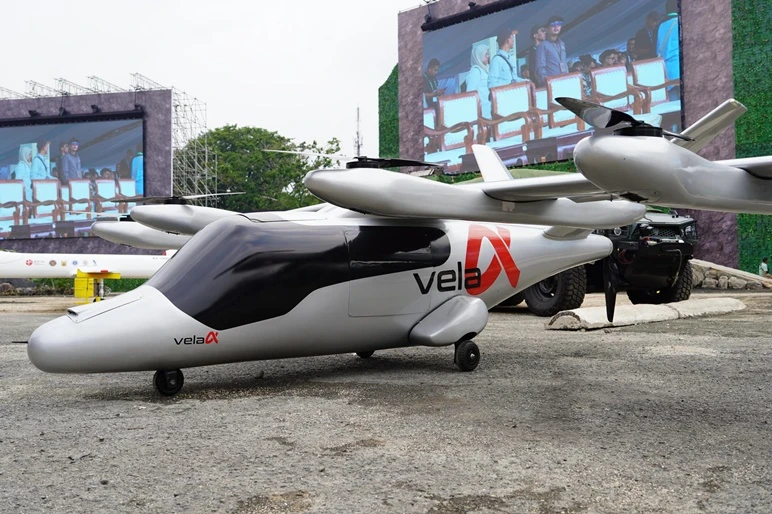
A Strategic Path Toward Net Zero
Behind all these efforts is a broader commitment to environmental stewardship. Bali’s provincial roadmap aligns with Indonesia’s national Net Zero Emissions (NZE) target by 2060, with the island aiming to reach NZE by 2045. Transitioning to electric mobility is a critical pillar in this strategy, alongside renewable energy deployment, forest and vegetation preservation, and sustainable waste management. The benefits of this electric shift are multi-layered: reduced carbon emissions, less noise pollution, and enhanced visitor experiences, particularly in cultural or nature-sensitive areas.
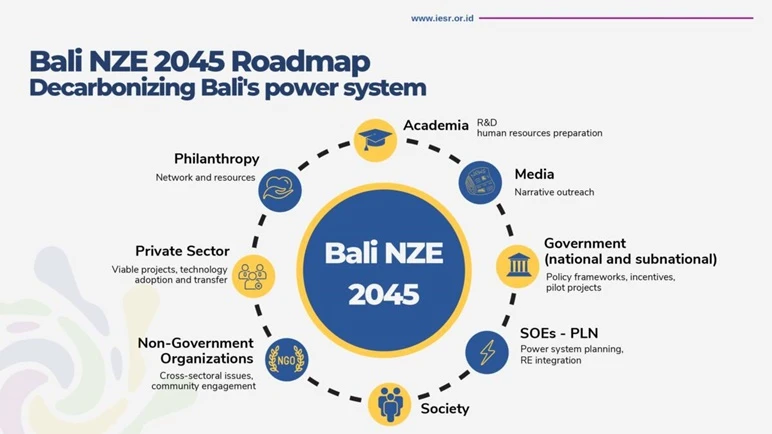
Ultimately, Bali’s transition to electric vehicles represents a cultural evolution. As infrastructure deepens and innovations scale, it’s increasingly likely that tourists in the coming years will explore Bali not behind the wheel of a gas-guzzling vehicle, but in a clean, silent, electric car, ushering in a new era of green travel in paradise. By adopting EV technology, Bali safeguards its natural beauty and heritage while reinforcing its global image as a progressive tourism destination.



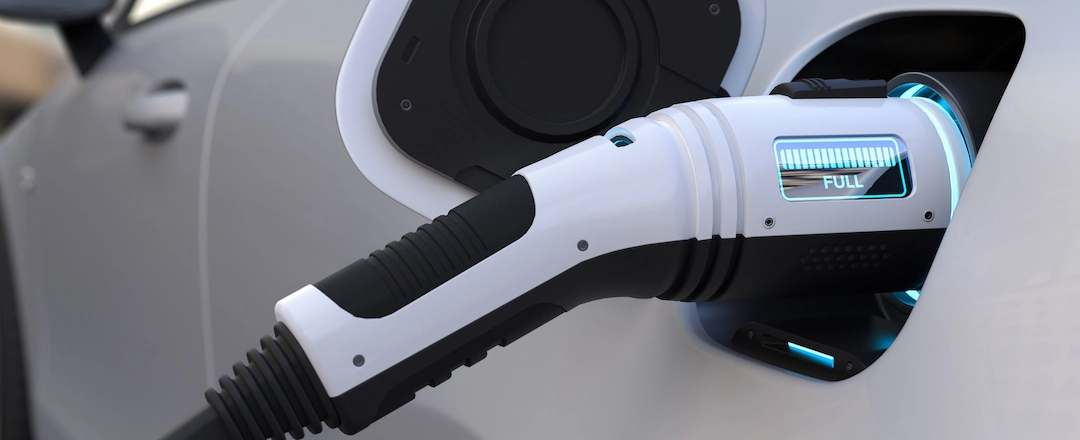
 Billy Bagus
Billy Bagus
 Jul 24, 2025
Jul 24, 2025




